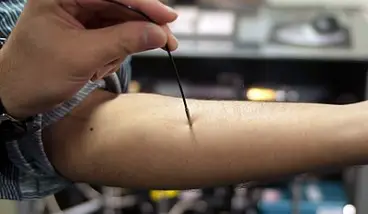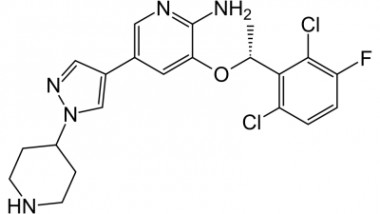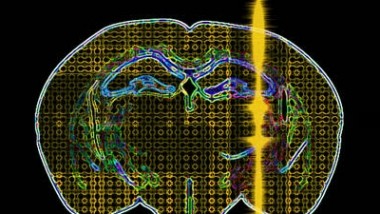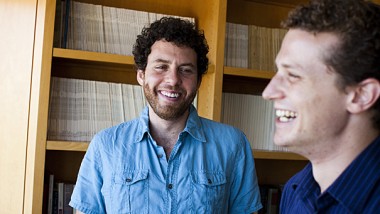Researchers from Massachusetts Institute of Technology recently advanced a major step towards minimizing pain and inconvenience for patients with type 1 diabetes. Such people must keep a careful eye on their blood glucose levels, and therefore they are required to ...
New Lung Cancer Treatment
Researchers at Harvard Medical School and the Massachusetts General Hospital in Boston, Massachusetts are developing a new lung cancer drug for Pfizer. Currently in the early phases of a stage 3 clinical trial, Crizotinib was successful in shrinking non-small cell ...
Video Games Sharpen the Mind
Researchers from University of Rochester Paragraph have shown that playing action video games increases peoples’ ability to make the right decisions quicker than people who do not play such games. This study stands in contrary to common belief, that video ...
Better Health Through Social Networking
A team of economic sociologists from the Massachusetts Institute of Technology recently published a paper showing that dense social networks benefit users’ health. It means that people are more likely to acquire new health practices while having close contact with ...
Slowing Cancer Metabolism
Researchers at the Massachusetts Institute of Technology and Harvard University in Cambridge, Massachusetts are exploring new cancer drugs that work to slow or block cancer metabolism, effectively starving cancer cells to death. According to their study, the scientists identified a ...
Exploring the Role of Gut Bacteria in Digestion
A team of researchers from the U.S. Argonne National Laboratory has recently published a paper describing thoroughly the structure of bacterial enzymes, which play a fundamental role in human digestion. These bacteria help our digestion system to break down sugar ...
Ultrasound Helmets Control Brain Activity
Scientists at Arizona State University in Tempe, Arizona are exploring the use of ultrasound to stimulate brain activity without the invasive procedures or internal implants required for current electrical stimulation methods. In addition to treatment of neurological diseases like Parkinson’s ...
Potential Cancer Drug – From Sponges
Chemists from the Massachusetts Institute of Technology recently discovered an unusual method to synthesize agelastatins – chemicals emitted by sponges of the Agelas family, residing deep in the ocean. The new discovery could help scientists to develop a cure for ...
Moral Decisions Similar to Mundane Decisions?
Harvard University scientists discovered that the mechanism responsible for making moral decisions affects simpler decisions, especially the ones related to money and food. Scientists reached this conclusion using advanced brain imaging techniques, designed to identify brain activity during decision making. ...
Vaccine-Delivery Patch with Dissolving Microneedle
Researchers from Emory University and the Georgia Institute of Technology recently presented a new vaccine-delivery patch based on hundreds of microscopic needles that dissolve into the skin. The new technology could allow persons without medical training to painlessly administer vaccines, ...








